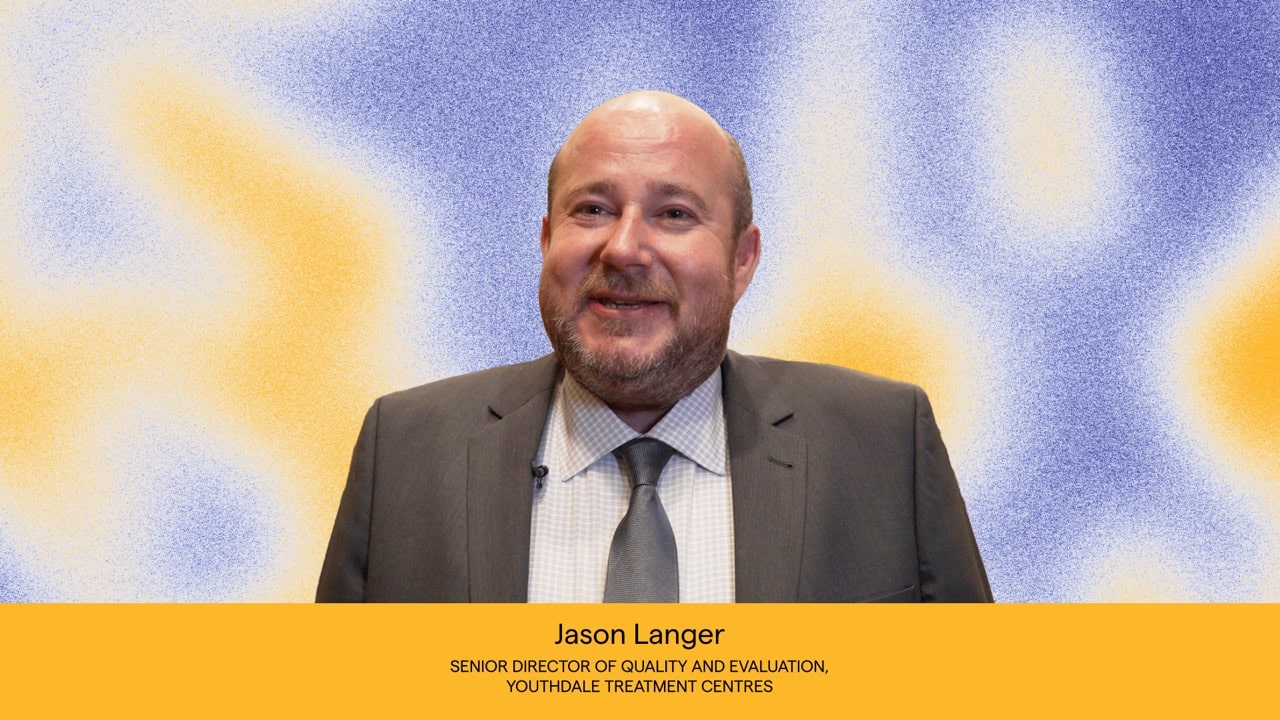
This year for CMHA’s National Mental Health Week, the focus is on naming our difficult emotions as well as triumphs. The slogan ‘Name it, don’t numb it’ encourages people to speak openly about their mental health concerns, in hopes of normalizing and destigmatizing them. As CMHA states, “Heavy feelings lighten when you put them into words. When we voice our emotions, the pain gives way.”
Measurement-Based Care (MBC) plays an integral role in helping individuals to better understand and communicate their mental health struggles, and research has shown that MBC leads to stronger treatment outcomes. Here are 5 reasons why we should care about Measurement Based Care, not only during #MentalHealthWeek but always.
1. MBC Helps Individuals Better Understand Their Mental Health. People can become more attuned to their symptoms, and aware of fluctuations over time. This means that people in care are able to be more informed, engaged, better prepared to communicate about their mental health and meaningfully participate in shared decision making surrounding their care.
2. MBC Increases Client Engagement in Treatment. Displaying a person’s progress results helps to create transparency and a sense of control over one’s own treatment process. This has been shown to reinforce people’s motivation and engagement in the therapy process. As well, numerous Randomized Control Trials have shown that administering an outcome measure reduces client cancellations and no-show rates throughout treatment (Bohanske & Franczak, 2010).
3. MBC Improves Mental Health Treatment Outcomes. Research has shown that consistent use of objective measures in therapy improves overall treatment outcomes. A research study of 609 people (split into two experimental and two control groups) found that when client progress was measured in treatment, twice as many client’s improved, and at-risk client’s were less likely to report worsening symptoms (Lambert et al. 2001).
4. MBC Validates & Empowers People in Care. MBC validates the experiences of people in care and can mitigate the self-blame that people in care commonly experience (Fortney et al., 2016). Using MBC tools can empower individuals by providing them with the language and understanding to better communicate with their providers, making them more involved in their treatment and in clinical decision making (Eisen, Dickey, & Sederer, 2000).
5. MBC Leads to Improved Communication Between People in Care & Healthcare Provider(s). Research has demonstrated that measurement has a positive effect on communication (Carlier et al. 2012), which may improve clarity and alignment on treatment goals between the client and therapist. Since clients are in the best position to assess how they are doing, measurement and display of progress can help clients and therapists identify and discuss information that is relevant to their treatment, which they otherwise may not have shared or discussed.











